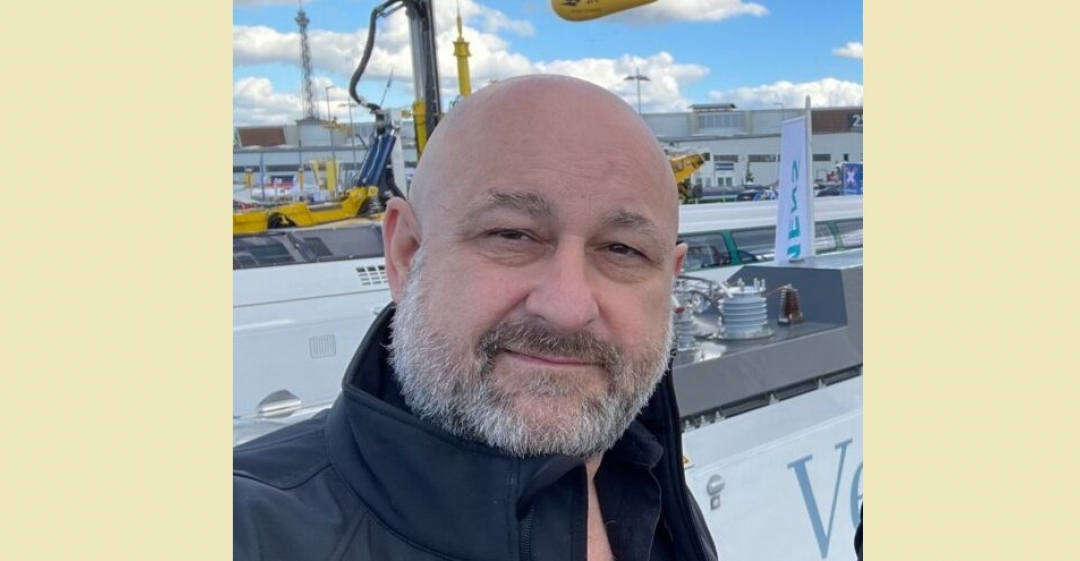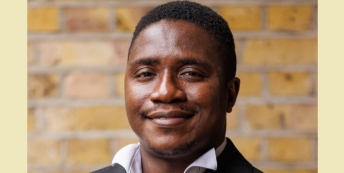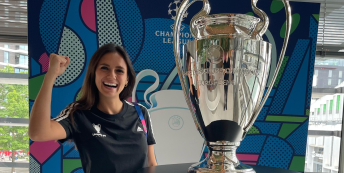“I don’t miss the management, or the long and antisocial hours.”

What work were you doing previously?
I was a BBC News TV/Radio correspondent.
What are you doing now?
I’m now the Director of a model train manufacturing company.
Why did you change?
After 30 years at the coal face of news, I wanted a different challenge that didn’t involve lots of late nights and early mornings.
I decided it was time to make the change after unsuccessfully interviewing for a job, and being told in the feedback that it was because my answers were ‘too detailed’.
I took the hint.
How did you choose your new career?
It was a hobby that me and my business partner Mike had been working on.
As hobbyists we’d worked together building up Revolution Trains before I took redundancy and then the pair of us went full time.
Are you happy with the change?
Yes, although I enjoyed my old job very much too.
I’m enjoying the change. One benefit is that I no longer have to work anti-social shifts such as late evenings, nights, or early mornings, which are a staple in broadcast news, so I do have far more regular sleep patterns.
What do you miss and what don't you miss?
I miss some of my former colleagues.
I don’t miss the management at the BBC, or the long and antisocial hours.
How did you go about making the shift?
Once I was able to devote myself full time to the business, I was able to spend time extending our range of products quite rapidly.
The pandemic also helped as people were looking online for new hobbies and pastimes while they were stuck at home, and many took up railway modelling. At this time, and during the lockdowns, we undertook several Facebook live events to keep people informed about what was happening.
I’ve always done the design/computer work at home in a bedroom converted to a study. Initially the stock we had was kept in my garage but we’ve now outgrown that and have a pair of small storage units that we use.
How did you handle your finances to make your shift possible?
I took voluntary redundancy as a financial cushion.
What help did you get?
My family and partner have been supportive.
We didn’t really get outside business help. We know others in the industry but it was doing things differently that have helped us find our own niche. No one had successfully crowdfunded model train development before we did.
What have you learnt in the process?
I think that the age of having a single, life-long career is probably over.
What would you advise others to do in the same situation?
When making the shift, make sure you have a plan and then stick to it.
To find out more about Ben's business, visit https://revolutiontrains.com
What lessons could you take from Ben's story to use in your own career change? Let us know in the comments below.



